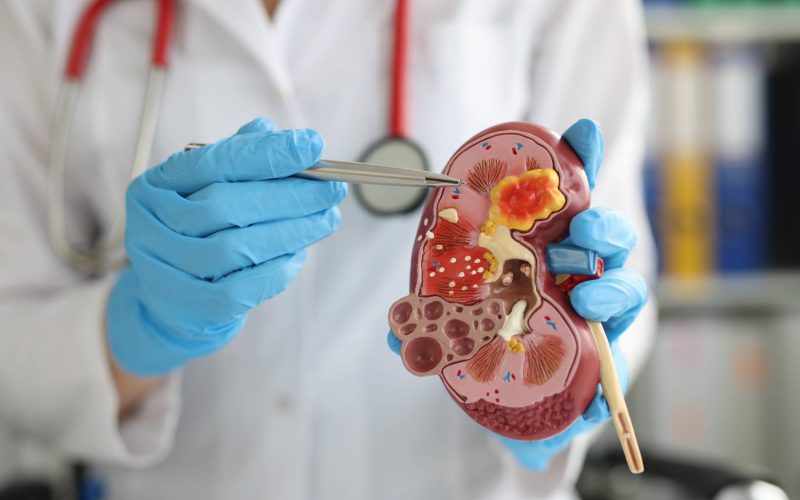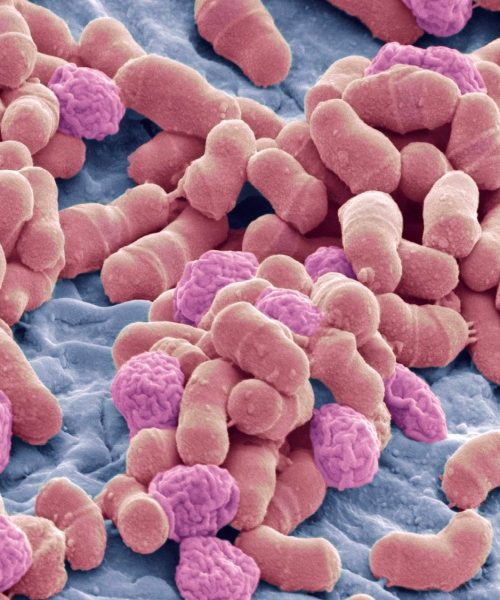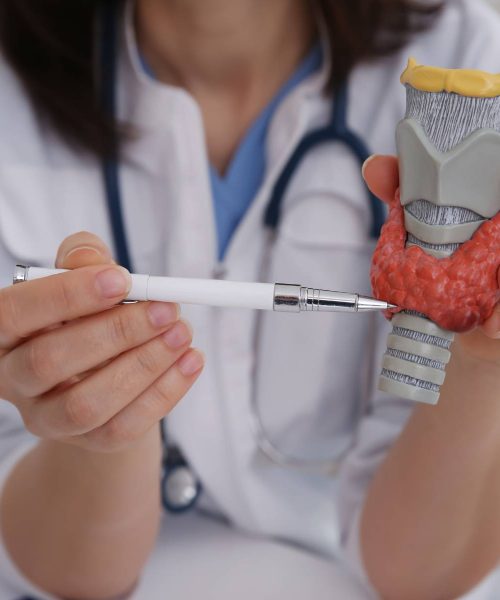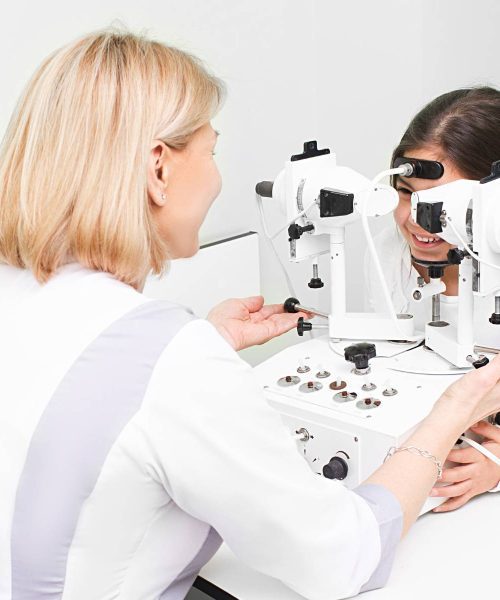Kidney stones are an excruciating ordeal that no one wishes to endure. The intense pain caused by these small, hard deposits can be so severe that it may feel as if your life is hanging in the balance. If you suspect you are suffering from kidney stones, it is essential to recognize the common symptoms associated with this condition.
The Foremost Symptom: Unrelenting Pain
Pain serves as the hallmark symptom of kidney stones. The location and intensity of the pain depend on the size and location of the stone within the urinary tract. Smaller stones may cause minimal discomfort, while larger stones can trigger agonizing pain radiating from the back to the front of the body. The pain often comes in waves, intensifying with each episode.
Painful Urination: A Telltale Sign
Experiencing pain during urination is another distinctive symptom of kidney stones. As your body attempts to eliminate the stones, you may find yourself frequently rushing to the bathroom. However, passing urine becomes a painful ordeal. It is important to note that painful urination can also be a symptom of bladder infection. If you experience this symptom, seeking immediate medical attention for accurate diagnosis and treatment is paramount.
Blood in the Urine: A Red Flag
The presence of blood in the urine, known as hematuria, is another telltale indication of kidney stones. As the stones scrape against the delicate tissues of the kidneys and ureter, it can result in blood being present during urination. If you notice discolored urine or any signs of blood, it is crucial to consult a healthcare professional promptly for further evaluation.
Nausea and Vomiting: A Distressing Reaction
Nausea and vomiting are additional symptoms commonly associated with kidney stones. The intricate network of nerves surrounding the kidneys can trigger feelings of discomfort and sickness in the stomach, leading to bouts of vomiting. This distressing reaction is a result of the intense pain and disruption caused by the presence of kidney stones.
Seeking Medical Attention and Treatment
If you experience any of these symptoms associated with kidney stones, it is imperative to seek immediate medical attention to confirm the diagnosis and determine the appropriate course of action. Healthcare professionals often utilize ultrasound imaging to visualize the presence and location of kidney stones. Treatment options vary depending on the size and severity of the stones.
For smaller stones, doctors may adopt a watchful waiting approach, allowing time for the stones to pass naturally. However, larger stones may require surgical intervention or other medical treatments to facilitate their removal.
Prevention and Treatment: The Power of Hydration
One of the most effective ways to prevent and treat kidney stones is by staying adequately hydrated. Drinking plenty of water helps flush out the urinary system, allowing stones to pass more quickly. Many individuals have found success in employing natural methods to prevent and alleviate kidney stones, with hydration playing a crucial role in their strategies.
By maintaining proper hydration levels and adopting a healthy lifestyle, you can reduce your risk of developing kidney stones and promote overall kidney health.
Remember, if you experience the symptoms of kidney stones, it is essential to consult a healthcare professional for a thorough evaluation and personalized treatment plan. Taking proactive steps towards prevention and seeking timely medical intervention can help alleviate the agony associated with kidney stones.







